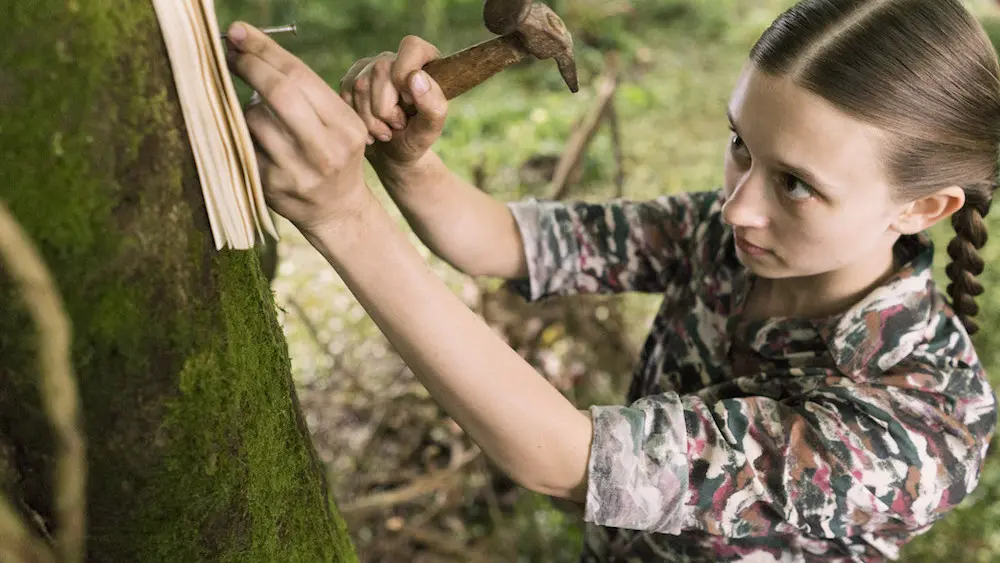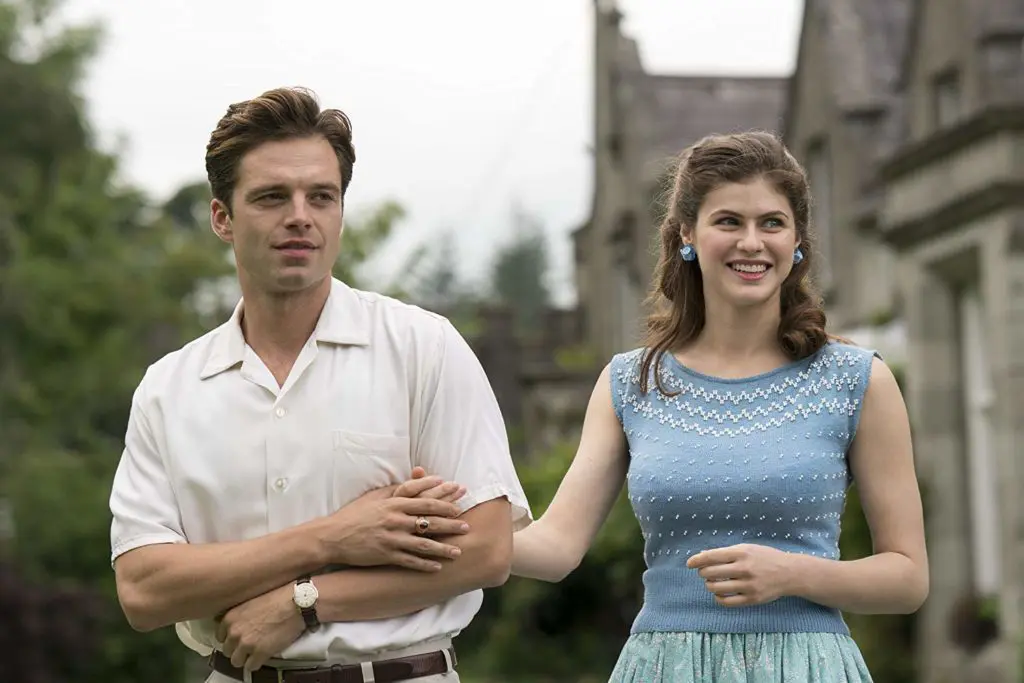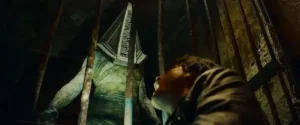Summary
Weird and inert, this is a psychological thriller without much in the way of psychology or thrills.
We Have Always Lived in the Castle, an adaptation of Shirley Jackson’s final novel, is one of those films that has you wondering what might have been. Yesterday, I wrote about Hulu’s Catch-22, which had a similar problem; the source material is so specifically rooted in the literary form that you can’t adapt it without losing most of its essence. Catch-22 mostly got away with it by retaining the essential circularity of the book’s satirical conceit, but this film, directed by Stacie Passon, has no such luck.
The problem is that We Have Always Lived in the Castle is about insularity; the hidden-away peculiarities of the upper-crust Blackwood sisters, Merricat (Taissa Farmiga) and Constance (Alexandra Daddario), one of whom may or may not have poisoned the rest of the family at dinner. Having been accused of the crime but later acquitted, Constance lives in total isolation, terrified of leaving the family’s hilltop manor, reliant on her nervous, hunchbacked sister to brave the local townsfolk — who despise the Blackwoods — and return with supplies. The girls’ paralyzed Uncle Julian (Crispin Glover), a victim but also a survivor of the poisoning, lives with them, attempting to immortalize the family’s oddities in his memoirs.

This is a psychological family drama in the gothic tradition, which is reliant on the kind of internal justification that literature does very well but film hardly bothers with at all, so, for the most part, We Have Always Lived in the Castle plays as an off-kilter sequence of undeveloped quirks and happenings that all feel separate rather than connected. Once Sebastian Stan shows up as the handsome cousin Charles with an eye for both Constance and the family’s hidden fortune, things descend into outright silliness, with none of the plot’s revelations able to surprise or build anything in the way of actual tension — much less fear.
And without that creeping dread and gestating terror, We Have Always Lived in the Castle just doesn’t work, at least not in the way it’s supposed to. A game and talented cast help to buoy the narrative’s aimless and repetitive middle portion, but because we never really get a sense of who these characters are, or what motivates and defines them, we also never really manage to care what happens to any of them. The film raises lots of interesting ideas but never bothers to address them, and offers lots of potentially scary — or at least unsettling — elements without much of a care for how they might work together. The result is inert, and not quite weird enough for you not to notice.




